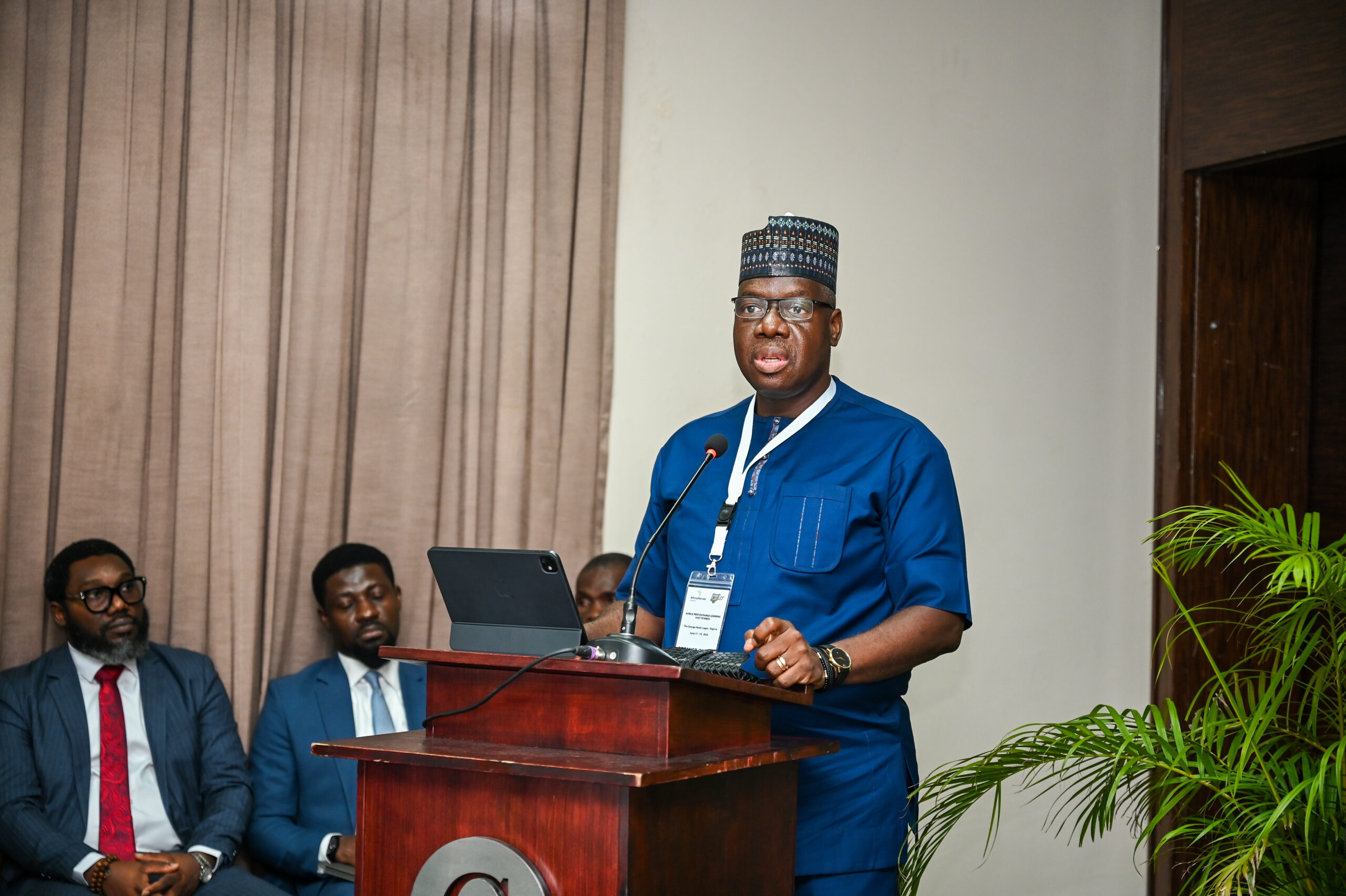UAE Faces Travel Disruptions in 2025 with New Flight Cancellations and Safety Concerns Amid Regional Tensions Impact Global Travellers - Travel And Tour World
Tuesday, June 17, 2025

In 2025, remains one of the top destinations for , known for its towering skyline and luxurious attractions. However, the , despite not being directly involved in ongoing regional conflicts, has seen a rise in due to its and the . The of the UK has updated its travel advice to reflect and the potential for between neighboring countries, particularly and .
The continues to consider the UAE, including its popular cities and , as a safe destination for UK travelers. However, it urges visitors to exercise the , especially in light of recent in the region. The UAE itself is not directly involved in the ongoing hostilities between and , but its location in the raises concerns about potential risks to travelers due to its proximity to these conflict zones.
due to what the FCDO calls a globally, which can affect UK interests abroad. With the region being a hotbed of geopolitical tension, the advisory recommends monitoring for updates on the situation and following the instructions of local authorities to stay informed and safe. This advisory highlights the delicate balance between encouraging travel to the UAE and acknowledging the potential risks from the wider .
One of the most immediate effects of the regional tensions has been and . On , announced disruptions at both its primary airport and due to over , , and . These closures have resulted in the cancellation and delay of several flights, affecting both passengers flying to and from . The airport issued a statement via , advising passengers to check with their respective airlines for the latest and to to navigate the airport.
This disruption at and was also reflected at in Abu Dhabi, where were expected to continue throughout the day. by consulting their airline for up-to-date information on flight statuses.
These developments in the underscore the increasing vulnerability of travelers to regional disruptions. While the UAE remains a prominent destination for international tourism, especially for UK nationals, the is facing heightened pressure to provide and effective customer service when unforeseen events like occur.
For travelers, particularly those planning to visit the UAE in the coming months, this means staying informed about the and factoring in potential delays or cancellations when making travel plans. policies that cover , , and will likely see an uptick in demand, with many travelers seeking due to the growing unpredictability of air travel in the region.
From the perspective of the , these disruptions are a reminder of the . , , and will need to implement more effective , particularly when dealing with geopolitical risks that are beyond their control. This includes improved and more flexible to handle situations where flights are affected by events like airspace closures or political instability.
The UAE’s status as a makes it particularly vulnerable to disruptions caused by . Both and are for travelers from around the world, including business travelers, tourists, and expatriates. For the , these ongoing signal the need for greater to deal with the challenges posed by volatile political climates in neighboring regions.
The effect on is significant, as the region’s airspace remains a key artery for flights between , , and the . Airlines must ensure they are equipped to handle sudden changes to flight routes and airspace closures, which can lead to not only flight cancellations but also , , and a if these issues are not handled swiftly and transparently.
Increased reliance on via other hubs, such as or , might emerge as airlines reassess flight patterns to avoid geopolitical risks. This shift could impact and influence between and the , particularly if airspace in the region remains volatile.
As regional tensions rise, the demand for for travelers is also expected to increase. In light of the ongoing in the , travelers are becoming more and seeking destinations that provide robust and .
For , this could translate into a greater demand for that provide for , including , , and . In particular, visitors who are concerned about the potential for or will be more inclined to purchase insurance that specifically addresses these risks.
From the perspective of the , this trend is likely to lead to the development of that cater to the growing demand for and when traveling to regions with political instability. Providers will need to adapt their offerings to meet this demand, offering travelers more and that cover a wide range of potential disruptions.
As travelers face increasing uncertainty regarding their trips to regions like the UAE, will play a key role in keeping them informed and helping them navigate disruptions. like and will become even more vital in providing and assisting travelers in quickly. Airlines will need to and improve , providing timely responses to concerns about and .
Moreover, the use of and will enable airlines and travel companies to and provide proactive solutions to minimize passenger inconvenience. By leveraging technology to offer real-time , , and , airlines can improve the overall and mitigate the damage caused by external geopolitical events.
The current in the will likely have on global travel trends. may be more hesitant to visit regions that are prone to political instability, opting instead for destinations with more and . This shift could see a rise in travel to countries that prioritize , , and for visitors.
For the , its future as a may depend on how effectively it manages the risks associated with regional unrest. The country will need to enhance its by providing more and transparent communication with international travelers. By doing so, it can maintain its reputation as a luxury travel destination while also ensuring the safety and well-being of its visitors.
As regional tensions in the Middle East continue to affect international travel, tourists and the travel industry must adapt to an increasingly unpredictable environment. The UAE, a once-reliable travel hub, is now experiencing the repercussions of geopolitical volatility, with flight disruptions, safety concerns, and travel uncertainties taking center stage.
For travelers, staying informed and planning ahead will be crucial, as the travel industry works to address the challenges posed by this new reality. The rise in demand for travel insurance, the need for reliable customer service, and the growing importance of technological solutions will shape the future of the tourism sector. As travelers continue to seek security and peace of mind, destinations like the UAE will need to prioritize safety and crisis management to restore confidence and secure their position in the global tourism market.









